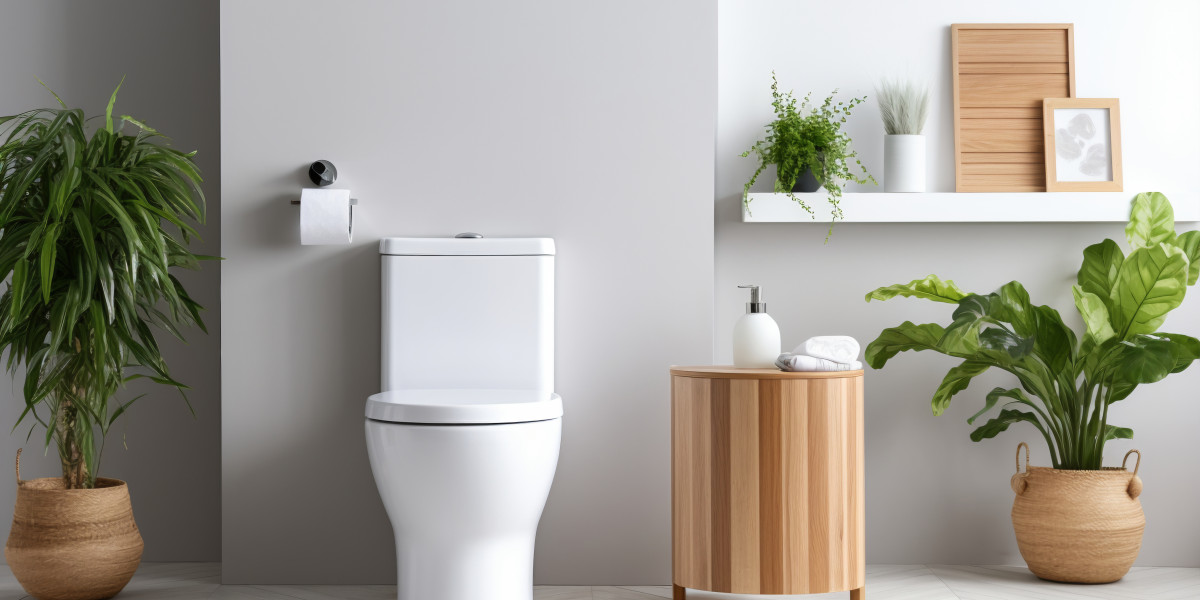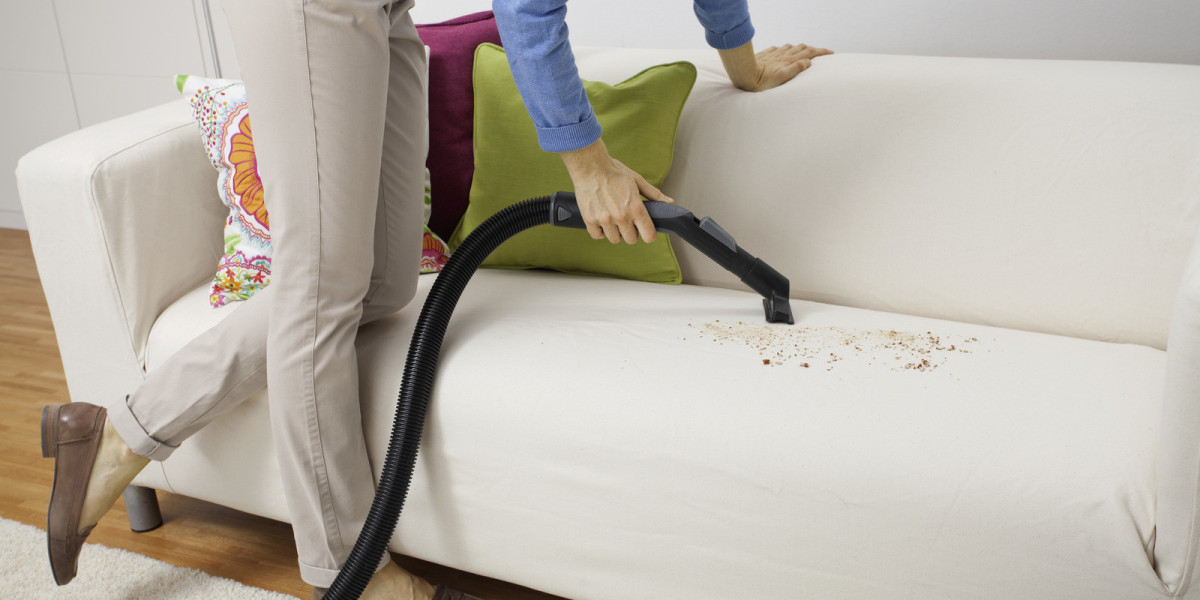Smart Restroom Technology
The rise of smart technology is influencing restroom design across commercial, institutional, and even public spaces. Smart Toilet Cubicle Manufacturers are equipped with advanced features such as:
- Automated Cleaning Systems: Cubicles equipped with sensors can trigger automatic cleaning systems to sanitize the area between uses, maintaining hygiene without manual intervention.
- Occupancy Sensors: Some manufacturers are integrating smart sensors that detect cubicle occupancy and can inform users when a cubicle is available via digital displays outside the restroom.
- Touchless Features: Faucets, flush systems, and even cubicle doors can now be operated touchlessly, minimizing the risk of germ transmission. This is particularly important in high-traffic areas like airports, malls, and office buildings.
Smart restroom technology not only enhances user convenience but also promotes better hygiene and maintenance.
Biophilic Design in Restroom Cubicles
Another growing trend in the design of modern restroom cubicles is biophilic design. This approach incorporates natural elements such as wood, plants, and organic textures into the design, promoting a sense of calm and well-being. Toilet cubicle manufacturers are increasingly offering materials and finishes that mimic natural wood, stone, and other organic materials. The benefits include:
- Aesthetic Appeal: Biophilic designs create visually appealing restrooms that align with eco-conscious and nature-inspired architectural themes.
- Stress Reduction: Studies have shown that exposure to natural elements can reduce stress and increase well-being, making biophilic design particularly relevant in environments like corporate offices, healthcare facilities, and educational institutions.
Sustainability in Manufacturing Processes
Beyond just using sustainable materials, manufacturers are adopting eco-friendly practices across the entire production lifecycle. Some examples include:
- Water-Saving Manufacturing: Implementing water-efficient processes in factories to reduce overall consumption.
- Waste Reduction Programs: Manufacturers are finding innovative ways to repurpose production waste, reducing landfill usage and contributing to circular economies.
- Carbon Offsetting Initiatives: Leading manufacturers are investing in carbon offset programs to balance out the emissions produced during the manufacturing and transportation processes.
Modular Restroom Systems
The concept of modular construction is also making its way into restroom design. Modular toilet cubicles are prefabricated in factories and then assembled on-site. This approach offers several advantages:
- Faster Installation: Modular systems reduce the time required for installation, allowing for quick and efficient restroom construction or renovation.
- Consistency in Quality: Since the components are produced in controlled environments, the quality and precision of each cubicle are guaranteed, reducing the risk of errors during installation.
- Scalability: Modular cubicles are ideal for large projects that require consistent, scalable restroom facilities, such as stadiums, airports, and large corporate campuses.
Key Players in the Toilet Cubicle Manufacturing Industry
As the demand for high-quality restroom solutions grows, several manufacturers have established themselves as industry leaders. These companies offer cutting-edge designs, innovative materials, and superior customer service, making them top choices for businesses and institutions worldwide. Some notable manufacturers include:
Qbikal Systems
Qbikal Systems is a premier manufacturer known for its durable and customizable toilet cubicle solutions. Their expertise spans across different industries, from corporate offices to educational institutions. They offer a wide range of materials, including compact laminate, glass, and powder-coated steel, ensuring durability and aesthetic appeal. Qbikal Systems is also known for their focus on sustainability, utilizing eco-friendly materials in their manufacturing processes.
Megha Systems
Another leading manufacturer in the industry, Megha Systems, specializes in high-performance toilet cubicles designed for heavy use in public spaces. Their anti-vandal designs are particularly popular in schools, transportation hubs, and recreational facilities. Megha Systems also emphasizes customization, offering a wide range of colour and finish options to meet client specifications.
Sanco Restroom Solutions
Sanco Restroom Solutions is at the forefront of innovation, particularly in integrating smart technology into toilet cubicles. Their product range includes touchless entry systems, occupancy sensors, and antimicrobial finishes, making their cubicles highly suitable for environments prioritizing hygiene, such as healthcare facilities and airports.
Installation and Maintenance Tips for Toilet Cubicles
While choosing the right manufacturer is essential, the installation and maintenance of toilet cubicles play a crucial role in their long-term durability and functionality. Here are some tips to ensure optimal performance:
Proper Installation Techniques
- Ensure Accurate Measurements: Before installation, it’s crucial to take precise measurements of the restroom space to avoid misalignment or gaps between cubicles.
- Level Flooring: Ensure that the flooring is level before installing the cubicles, as uneven surfaces can lead to instability and improper door closure.
- Secure Fixtures: Use high-quality hardware to secure cubicles firmly. Poor installation of hinges, locks, and brackets can lead to early wear and tear.
Regular Maintenance for Longevity
- Routine Cleaning: Cleaning cubicles with non-abrasive cleaners is essential to maintain their appearance and prevent damage to surfaces.
- Inspect Hardware: Periodically check door hinges, locks, and handles for signs of wear. Lubricate them as necessary to ensure smooth operation.
- Waterproofing: For cubicles in high-moisture environments, regularly inspect for any signs of water damage and ensure that all waterproof seals are intact.
By following these installation and maintenance practices, businesses can extend the lifespan of their toilet cubicles and maintain a professional and hygienic restroom environment.
Conclusion: Elevating Restroom Standards
As the demand for high-quality, durable, and aesthetically pleasing restroom solutions grows, toilet cubicles manufacturers continue to innovate and adapt to meet the diverse needs of modern businesses. From advanced materials like compact laminate to the integration of smart technology and sustainable practices, the industry is constantly evolving. By choosing the right manufacturer and following best practices for installation and maintenance, businesses can ensure that their restrooms not only meet functional requirements but also provide a pleasant and hygienic experience for users.








